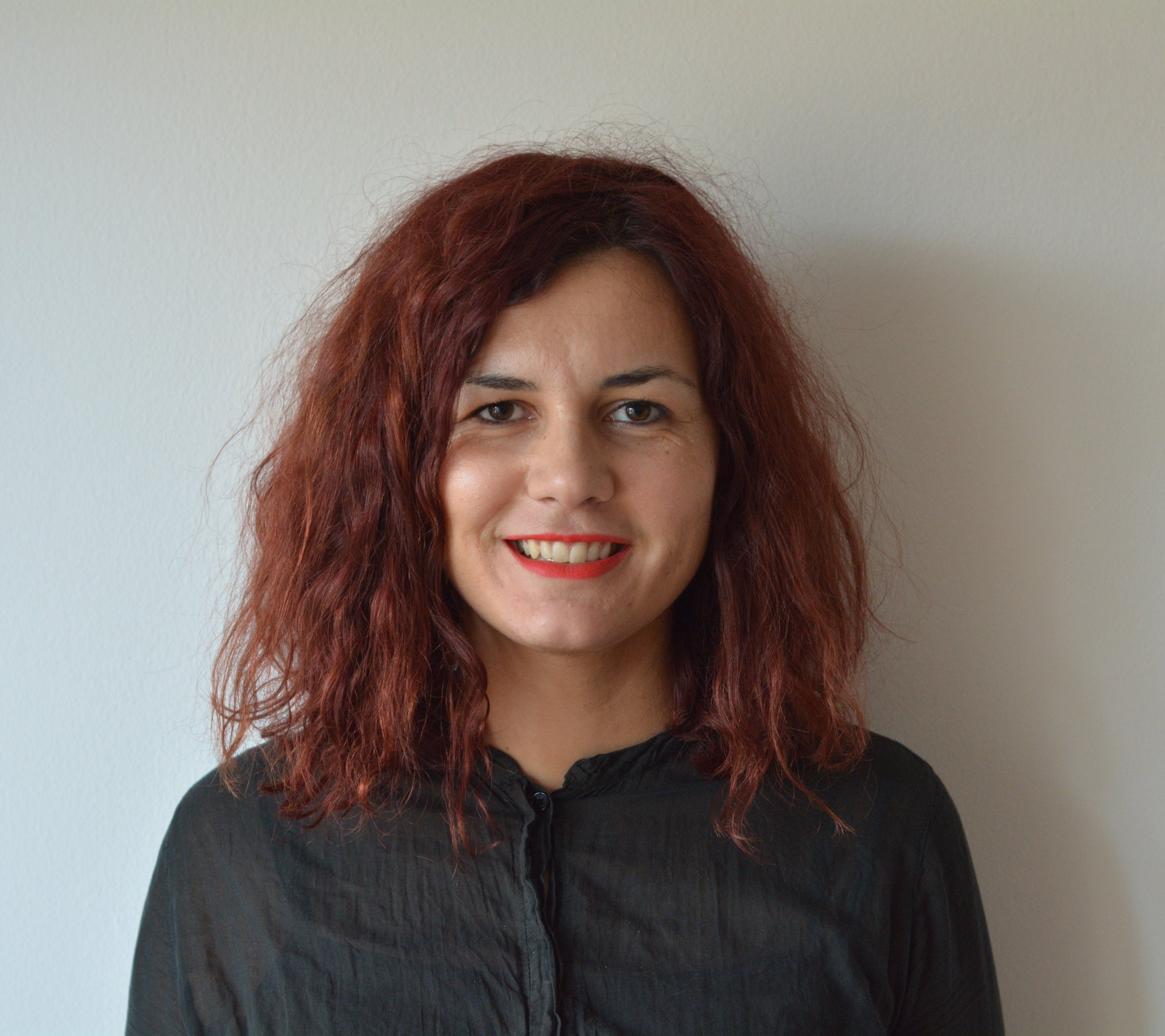Transitional justice
When you hear or read the term "transitional justice," you think of a specific kind of justice. In fact, it is a whole set of activities carried out in societies in transition that generally lead to the establishment of justice and the rule of law. This discipline finds its purpose primarily in the need for societies to deal with their wartime past.
Legal doctrine refers to the obligations of the state to take all measures to protect the rights of its citizens. If it fails, it is obliged to take all necessary measures to find out the facts of the crimes, to prosecute and punish all those responsible, to obtain material and symbolic satisfaction of the victims for doing material or non-material damage and to provide reforms that the repetition of the past will be prevented. This is precisely the very essence of transitional justice, namely that victims are the focus of the process and that the goal is to achieve justice for victims.
Reverse application of transitional justice mechanisms
Legal doctrine has explained how and in what way transitional justice mechanisms should be applied, but I am more convinced that the reverse implementation of the mechanisms is currently in force in BH, if we consider that the focus should be on victims of mass violations of human rights and war crimes. What do I mean when I say that the reverse implementation of transitional justice mechanisms is in force?
The first mechanism of transitional justice is criminal justice, which means that the state is obliged to determine the responsibility of individuals, primarily those most responsible, for human rights violations in the past and war crimes, thereby achieving judicial justice and establishing judicial truth. Therefore, the state is obliged to prosecute all those suspected of having ordered or personally committed crimes, and to organize an efficient and fair trial. Currently, our situation is such that many persons who are suspected or convicted of a war crime have escaped court proceedings or serving their sentence by leaving the borders of BH and living in neighboring countries. [1]
Furthermore, truth-telling and reparations are mechanisms primarily focused on the position of the victim. The purpose of these two mechanisms is to determine the facts of the past based on the voice of the victim, to create a historical memory based on truth, and to materially and intangible satisfy the victim. The state is obliged to provide them with reparations for the suffering they have gone through, to support them as a society and to reduce the consequences of crime and to provide a sense of justice. Is that so? It’s not. Essentially, the state is doing everything to make it more difficult for victims and their requests for reparations. One such example is that the Law on the Protection of Civilian Victims of War of Republika Srpska does not recognize war rape victims as a separate category, so these victims have the same status as other civilian victims of war, and must prove a minimum percentage of physical damage of 60%, although in the case of rape bodily harm is not an appropriate criterion for determining their status, because sexual violence does not necessarily produce physical damage. There are numerous differences between the laws for exercising the rights of victims of sexual violence in the Republika Srpska and in Federation of Bosnia and Herzegovina legislation related to place of residence, deadlines for claiming rights, and loss of rights and status of victim if you do not live in BH.
This is just one example of how the state treats the victims and exercises of their rights, while on the other hand, we have a generally accepted denial of war crimes. Our schools, streets and institutions are named after war criminals. The organization of public receptions for war criminals is accepted and is allowed that condemned war criminals creates our present and our future as they have created the past. The debate over whether one is a hero or a criminal can also be seen as a debate over "true" patriotism: on the one hand, we have patriotism that does not want to admit its crimes and provide systematic support to victims versus patriotism, which considers such recognition and support for victims inevitable to dealing with the past and with ourselves.
Jom Kippur[2]
In order to truly confront dealing with the past and to compensate victims in order to eliminate the consequences of crimes and prevent them from committing them in the future, we need to do the following: “… Everything must finally be said, list all the crimes, confess and what we are most ashamed. Every good thing behind it throws a shadow … I don’t know how far we will get. But we need to do this, we need to stop weighing corpses, proving, justifying, as if the value of human life is being weighed down by the weight of a live scale. Someone needs to come and say, yes, we did this, this and that. Everyone has to say it, everyone from this Balkan pot we all like to say we don’t belong to. We got ourselves into a barbarism. Alone. That is why we should say to each other: Forgive me. But not because of political correctness, but because it is so, because we think so … ”[3]
[3] Ivana Šojat, Jom Kippur, Fraktura, str. 243-244




